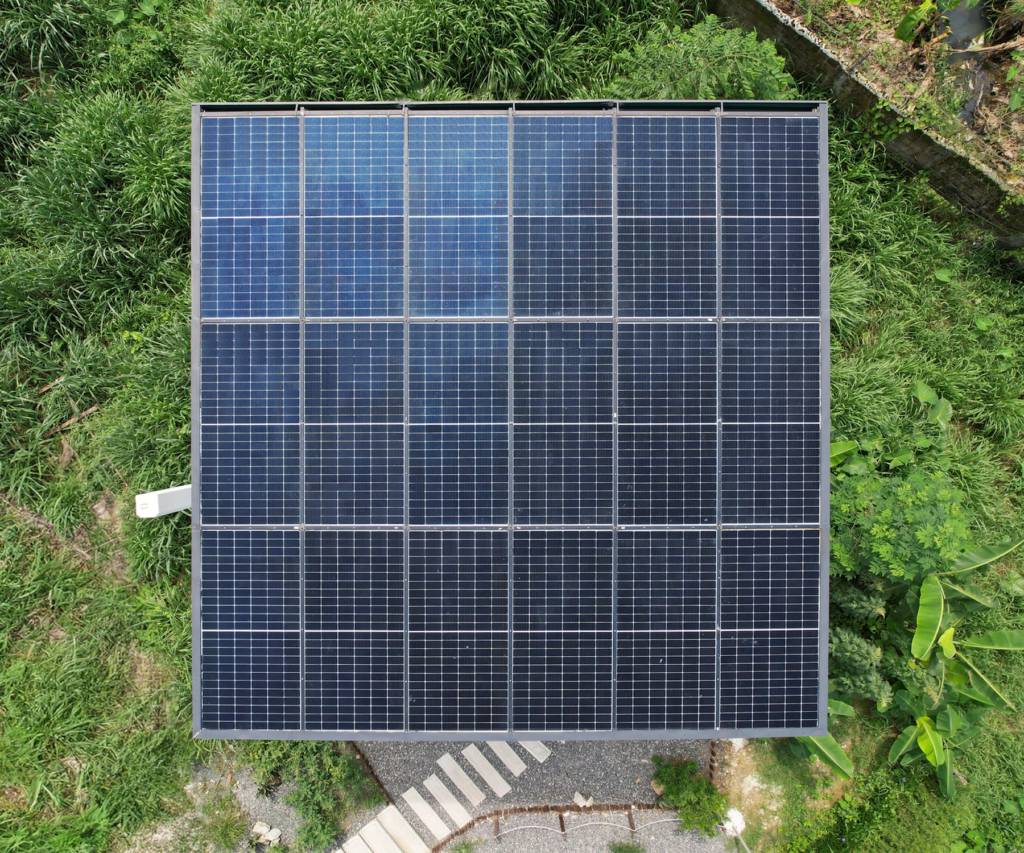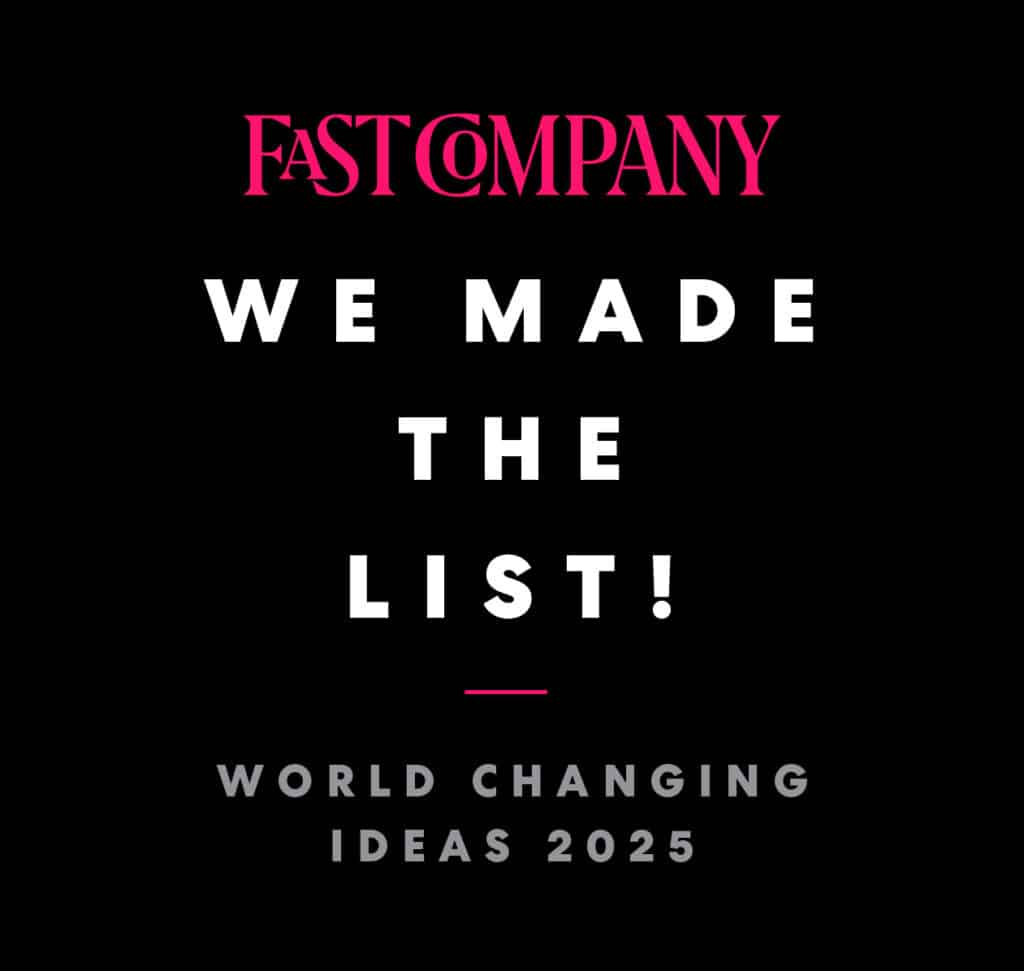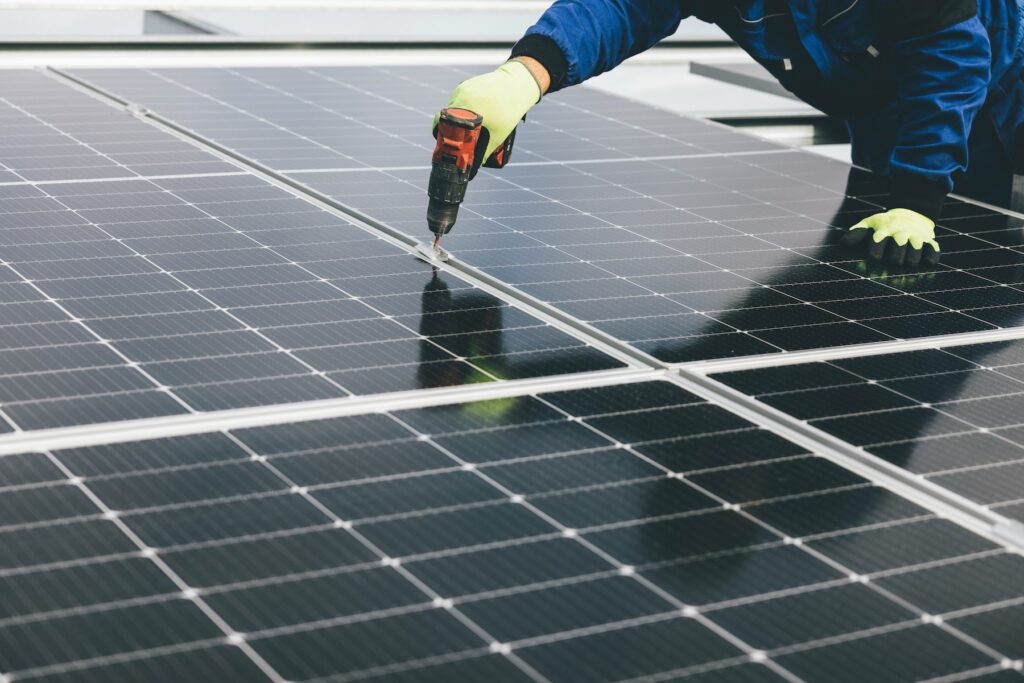Saudi Arabia’s futuristic city is an attempt to redefine urban living and sustainability through innovative design, autonomous transportation, green spaces, and a vision for a technologically advanced future.
PHOTO: NEOM/CNN
In this article, we’ll explore ‘The Line’: Saudi Arabia’s visionary project to revolutionize urban living and sustainability through innovative features and groundbreaking architectural design. We’ll delve into its concept, unique features, potential impact, progress, and future steps.
The Concept of ‘The Line’
At its core, ‘The Line’ is a city design concept that aims to create a linear urban development stretching 170 kilometers, primarily focusing on sustainability and quality of life. Located within the NEOM region, a futuristic city northwest of Saudi Arabia, ‘The Line’ seeks to harmonize the natural landscape with innovative architectural design and building structures.
The city’s layout deviates from traditional urban planning by arranging essential services and amenities along a central pedestrian corridor. This ensures that everything is within a short walk for residents and visitors alike.
Stunning Features and Innovations
‘The Line’ promises many cutting-edge features and innovations that redefine how we experience urban living. One of its most striking aspects is the absence of cars and roads, as the city relies solely on autonomous vehicles and an underground transportation network, reducing congestion and minimizing the carbon footprint.
Additionally, advanced technologies such as artificial intelligence and robotics are integrated into everyday life, offering smart energy efficiency, waste management, and security solutions.
Also, the architectural design and landscape architecture of ‘The Line’ prioritize green spaces. They incorporate vast parks and nature reserves, allowing residents to enjoy a symbiotic relationship with nature.
Impact on Urban Living and Sustainability
‘The Line’s impact on urban living and sustainability is poised to be transformative. By removing cars from the equation, the city eliminates traffic congestion, reduces air pollution, and enhances its inhabitants’ overall quality of life.
The centralized design ensures that essential services, including schools, healthcare facilities, and entertainment venues, are easily accessible, fostering a sense of community and convenience.
Moreover, the emphasis on green spaces and nature preserves encourages a sustainable lifestyle, promoting physical and mental well-being while preserving the natural environment.
Progress and Future Steps
Since its announcement, ‘The Line’ has made significant progress, with the first phase expected to be completed in 2025. Saudi Arabia has already established partnerships with leading international companies in various fields, including urban planning, technology, and sustainability, to bring this ambitious vision to life.
The NEOM region, where ‘The Line’ will be situated, is already undergoing significant infrastructure development, setting the stage for the city’s construction. The project’s future steps involve continuous collaboration with experts and stakeholders, refining designs, and ensuring that the city remains at the forefront of innovation and sustainability.
The Other Side of The Line
PHOTO: Saudi Press Agency/CNN
While Saudi Arabia’s ambitious project, The Line, part of the larger NEOM initiative, promises a revolutionary approach to urban living, it has not been without its share of criticism.
The project, which is set to be a 170 km linear city free of streets, automobiles, and greenhouse gas emissions, has raised concerns regarding its sustainability and the economic rationale behind its development.
Sustainability concerns
A key principle of sustainable development is to build dense and intense developments in areas that have natural resources to sustain them. However, the NEOM region does not naturally possess such resources, making the project a case of an economic decision rather than a sustainable living option.
The energy consumption of such developments is often not compared to a vernacular construction scenario, which would likely be much less intense.
The materials used in the construction of The Line have also been a point of contention. These materials have a very high embodied energy and little to do with passive design.
This means that a significant amount of energy is consumed in their production and transportation, which could have been reduced if locally sourced and sustainable materials were used instead.
Economic Feasibility
Moreover, the project’s financial feasibility has been questioned. The initial plan was to complete NEOM by 2030 with an allotted $500 billion. However, some reports suggest that the city may not be completed until 2050, which will likely increase costs significantly.
The entire project, including The Line, is predicted to cost the Kingdom $1 trillion, financed by the Public Investment Fund (PIF), the kingdom’s sovereign wealth private investment fund.
While ‘The Line’ represents a revolutionary approach to urban living, it’s important to consider the broader context of this development. The project, set to be a 170 km linear city free of streets, automobiles, and greenhouse gas emissions, is an ambitious endeavor that requires substantial resources.
The NEOM region, where ‘The Line’ is to be situated, does not naturally possess the resources typically associated with dense urban development. This makes the project a significant economic undertaking, rather than a traditional sustainable living option.
The energy consumption of such developments is often substantial, especially when compared to more conventional construction scenarios. Additionally, the materials used in the construction of ‘The Line’ have a high embodied energy, meaning a significant amount of energy is consumed in their production and transportation.
Financial feasibility is another aspect to consider. The initial plan was to complete NEOM by 2030 with an allotted $500 billion. However, some reports suggest that the city may not be completed until 2050, which will likely increase costs significantly. The entire project, including ‘The Line’, is predicted to cost the Kingdom $1 trillion, financed by the Public Investment Fund (PIF), the kingdom’s sovereign wealth private investment fund.
Social Implications and Community Impact
In the realm of sustainable housing, the focus is often on creating solutions that are both economically and environmentally sustainable. This involves balancing the need for innovation with the importance of sustainability and community impact.
For instance, the social implications of ‘The Line’ project cannot be overlooked. The Line is set to be located in the northwestern Tabuk province, an area that is home to the Howeitat tribe, which has been farming in this province for several generations. The potential displacement of this tribe to make way for the project is a significant consideration, and one that underscores the importance of sustainable and community-focused development.
Leap into the Future: Join ‘The Line’ Revolution
‘The Line’ represents a bold leap forward in urban planning and sustainability, showcasing how architecture and innovative design can shape future cities. By integrating cutting-edge technologies and prioritizing the well-being of its residents, ‘The Line’ aims to create a model city that others can emulate. This visionary project not only presents an exciting future for Saudi Arabia but also inspires urban planners, architects, and policymakers worldwide.
Co-create with BillionBricks! As we develop our next house model, we are open to your ideas and feedback which we believe are essential to building a net-zero home that meets your needs and exceeds your expectations.
By booking a call with us, we’ll also share our own ideas and insights, and explore ways in which we can collaborate. Book a call with us now at https://calendly.com/d/y5t-wh7-hdd/call-with-billionbricks.
References:
-
Chappell, Bill. A 105-mile-long city will snake through the Saudi desert. Is that a good idea? 2023.
-
Allan, Andrew, et al. What is The Line, the 170km-long mirrored metropolis Saudi Arabia is building in the desert? 2023.
-
Dezeen. Sustainability and liveability claims of Saudi 170-kilometre city are “naive” say experts. 2023.
-
NEOM Region Official Websire. Retrieved from https://www.neom.com/en-us/about.






